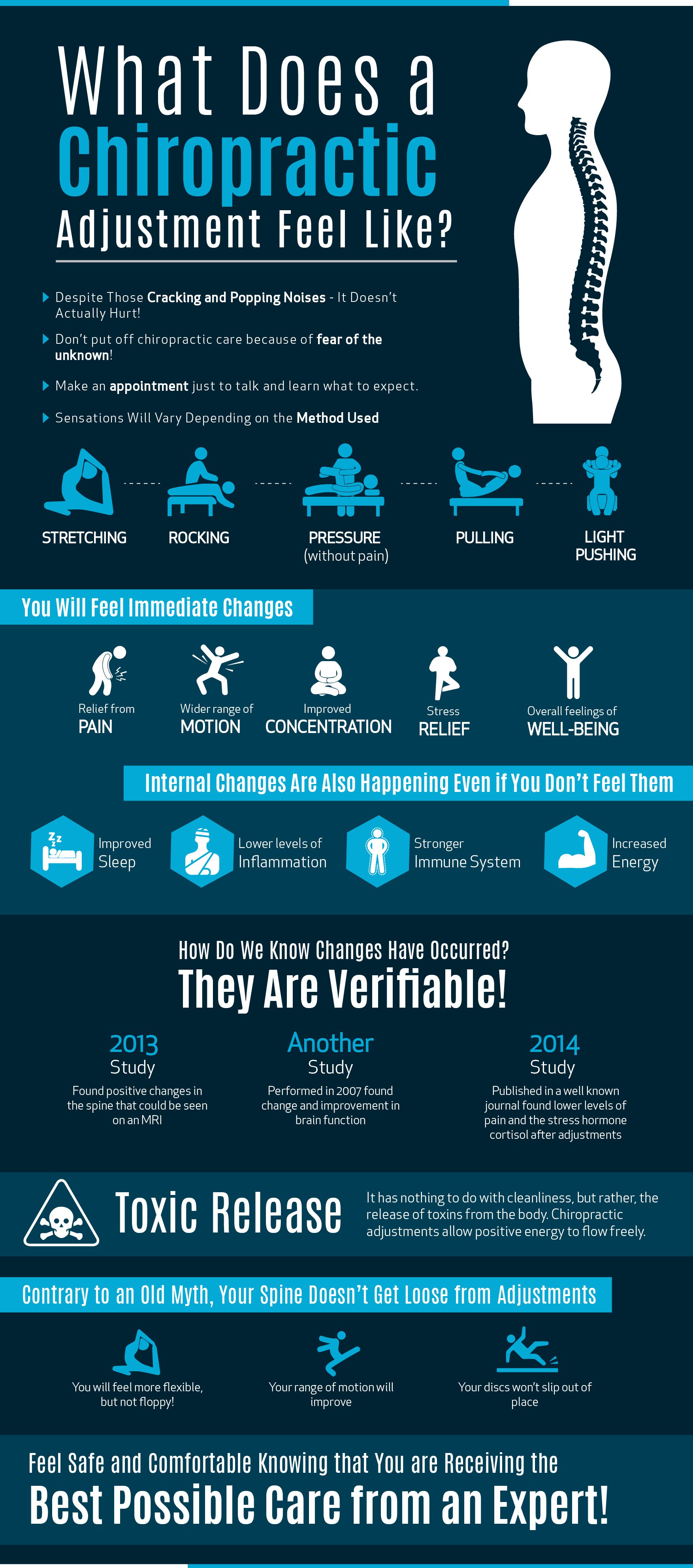Nourishment'S Effect On Neck And Back Pain Alleviation: Dietary Choices To Embrace And Those To Steer Clear Of
Nourishment'S Effect On Neck And Back Pain Alleviation: Dietary Choices To Embrace And Those To Steer Clear Of
Blog Article
Short Article By-Russo Camp
When it concerns handling your neck and back pain, the food options you make can considerably impact how you really feel every day. Picture being able to alleviate your pain merely by readjusting what you consume. By comprehending the duty of nourishment in pain in the back monitoring and knowing which foods to integrate or avoid, you can take proactive actions towards a healthier and much more comfy lifestyle. The connection in between nourishment and back health is more profound than you may understand-- allow's explore exactly how specific foods can either soothe or worsen your pain in the back.
Value of Nutrition in Back Pain
Nourishment plays a crucial function in handling pain in the back. Your diet plan can substantially impact swelling degrees and general discomfort levels in your back. Taking in a well balanced diet regimen abundant in nutrients like vitamins D and K, calcium, magnesium, and omega-3 fats can help in reducing swelling and reinforce bones, which are necessary for back health and wellness.
In addition, keeping a healthy and balanced weight through correct nutrition can ease tension on your spine, reducing the risk of back pain.
Moreover, specific nutrients like antioxidants discovered in vegetables and fruits can aid battle oxidative stress and advertise healing in the body, consisting of the back muscle mass and spine.
On the other hand, consuming too much quantities of refined foods, sweet beverages, and undesirable fats can contribute to inflammation and weight gain, intensifying pain in the back.
Foods to Consume for Back Wellness
To support a healthy back, integrating nutrient-rich foods into your day-to-day meals is essential. Including foods high in antioxidants like berries, spinach, and kale can help reduce swelling in your back, alleviating pain and discomfort. Omega-3 fats found in fatty fish such as salmon and mackerel have anti-inflammatory residential or commercial properties that can benefit your back wellness.
Additionally, consuming nuts and seeds like almonds, walnuts, and chia seeds offers vital nutrients like magnesium and vitamin E, which support muscle mass function and decrease oxidative stress and anxiety. Integrating lean healthy proteins such as hen, turkey, and tofu can aid in muscular tissue repair work and maintenance, promoting a solid back.
Do not forget to consist of dairy or fortified plant-based choices for calcium to sustain bone health. Last but not least, hydrate with lots of water to maintain your spine discs moisturized and operating optimally. By consisting of these nutrient-dense foods in your diet plan, you can nurture your back and support total back wellness.
Foods to Avoid for Back Pain
Go with staying clear of refined foods high in sugarcoated and trans fats when looking for relief from pain in the back. Click Link of foods can contribute to swelling in the body, which may aggravate back pain. Say no to sweet treats sweet, pastries, and sweet drinks, in addition to junk food items like burgers, french fries, and fried hen that are often packed with trans fats.
Furthermore, avoid foods having high degrees of polished carbohydrates, such as white bread, pasta, and pastries, as they can increase blood sugar level degrees and possibly intensify swelling in the body.
It's also important to limit your consumption of foods high in saturated fats, like red meat and full-fat milk products, as they can contribute to swelling. Processed https://investorplace.com/2021/11/7-a-rated-healthcare-stocks-to-buy-for-the-long-haul/ like delicatessens meats, chips, and packaged snacks are frequently high in saturated fats and need to be consumed in moderation.
Conclusion
In conclusion, focusing on your diet regimen and making smart food choices can have a considerable effect on managing back pain. By incorporating nutrient-rich foods like berries, fatty fish, nuts, and lean proteins, and avoiding refined and sugary items, you can help reduce inflammation and support overall back health and wellness. Bear in mind, what you eat plays a vital duty in how you really feel, so see to it to prioritize your nutrition for a much healthier back.
